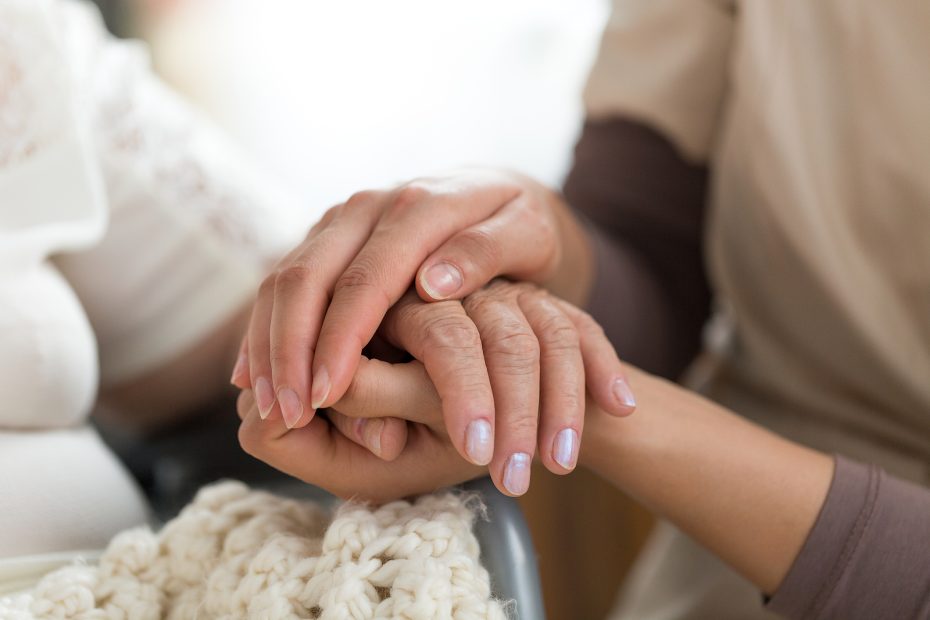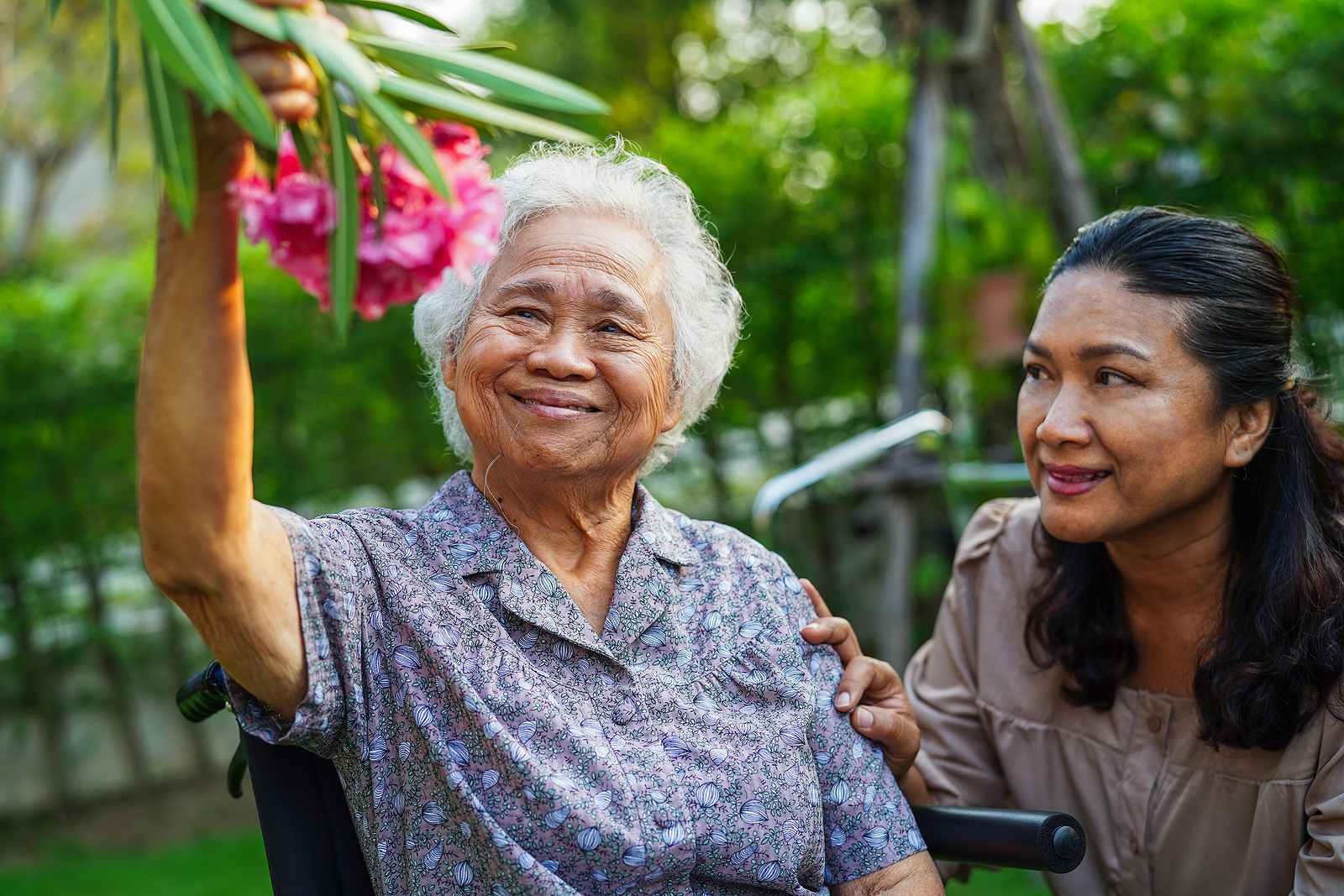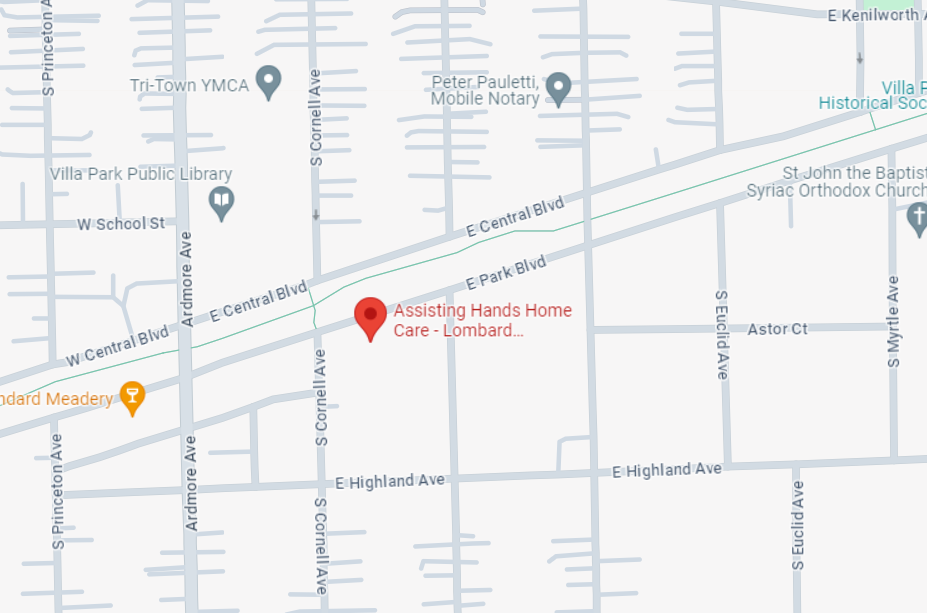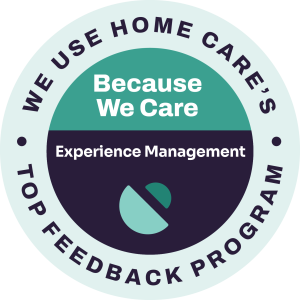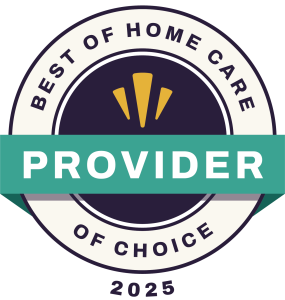
Companion Care at Home in Bensenville IL
When your senior parent loses their spouse or partner, it can be a devasting blow. Grief is different for everyone, and your mom or dad may need extra support as they process their loss. They also may find it strange and unsettling to be alone, especially if they have been married for a very long time. Companion care at home can support your mom or dad while they go through the grieving process.
You have your own grief to process, which means that you may not be able to be there emotionally for your mom or dad. And you don’t have to be if your mom or dad has companion care at home.
Your senior mom or dad doesn’t have to go anywhere or be social. A companion will come to their home and visit regularly. The companion will listen to your mom or dad, talk with them about whatever they want to talk about, and encourage them to find joy again.
Some other things that may help your senior parent after a loss of a partner are:
Emotional Support and Companionship
In addition to companion care at home make sure that you and your siblings are calling, visiting, and checking in on your mom or dad regularly. There is no substitute for family during a tough emotional time. Even if it’s just a five minute daily check-in call to see how they are doing that regular contact will help your mom or dad emotionally.
Professional Counseling and Support Groups
Encourage your senior parent to seek out professional counseling or support groups for people who have lost a spouse or partner. Talking to a professional or other people who have experienced the same loss can be very helpful for someone that is navigating deep grief and a life-changing loss.
Physical Health and Well-being
You should also make sure that your mom or dad is taking care of their physical healthy and well-being. Encourage them to eat regular meals, drink water throughout the day, and get plenty of rest. Grief can be physically draining as well as emotionally difficult.
Daily Routine and Activities
Establishing new daily routines and activities is important, especially if your parent was the primary caretaker of their spouse. For example, women who have been taking care of their spouse for decades often feel lost when they don’t have that person to take care of anymore. Establishing new healthy routines will help them process their grief and start to see a new path forward.
Practical Assistance
When your senior parent is grieving they shouldn’t have to worry about doing the shopping, running errands, or doing household chores. If you can’t step in and take over those chores for your senior parent look into getting home care. A home care provider can take your mom or dad wherever they need to go.
And they can also do the grocery shopping, run to the pharmacy, pick up the pet food, mail thank you cards, tidy up the house, and do light housekeeping so your mom or dad doesn’t have to worry about keeping the house clean.

